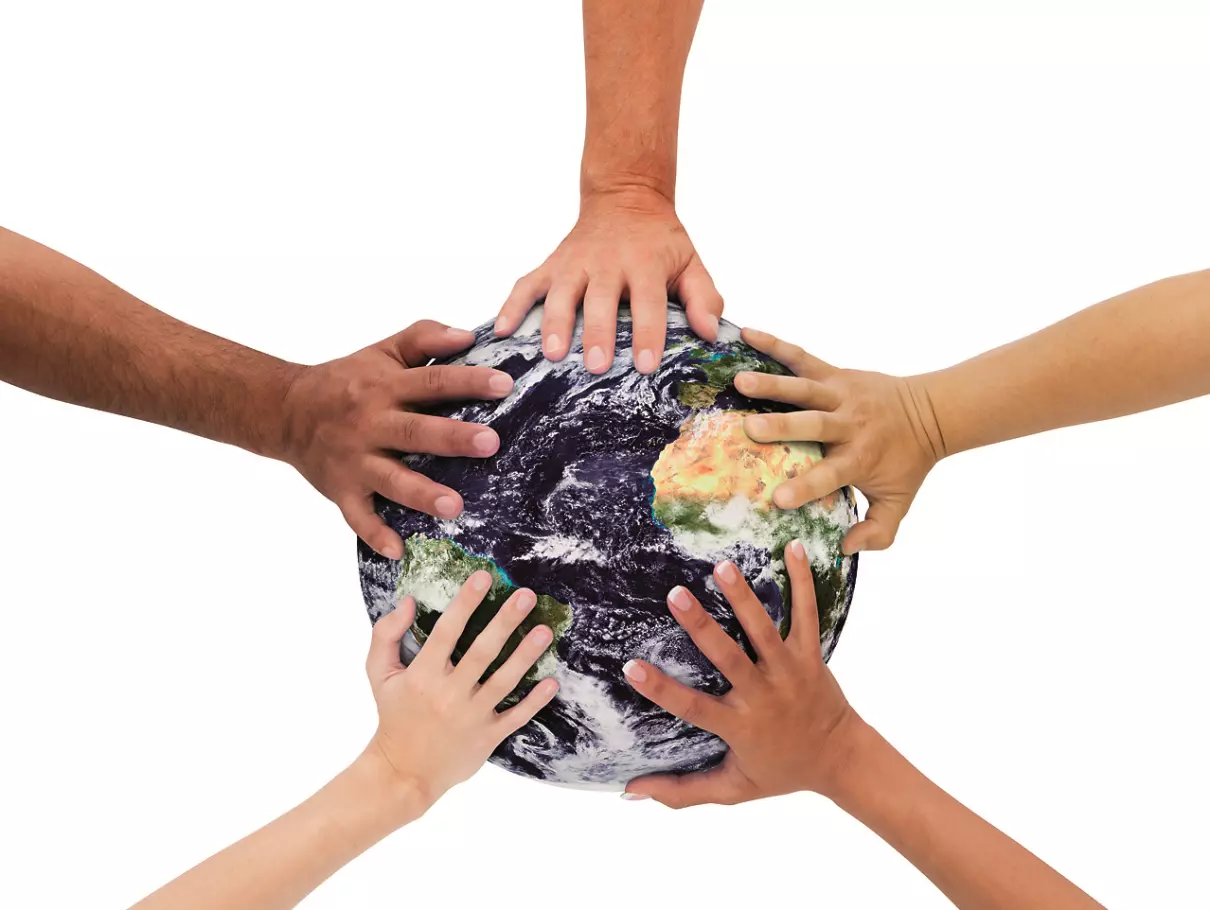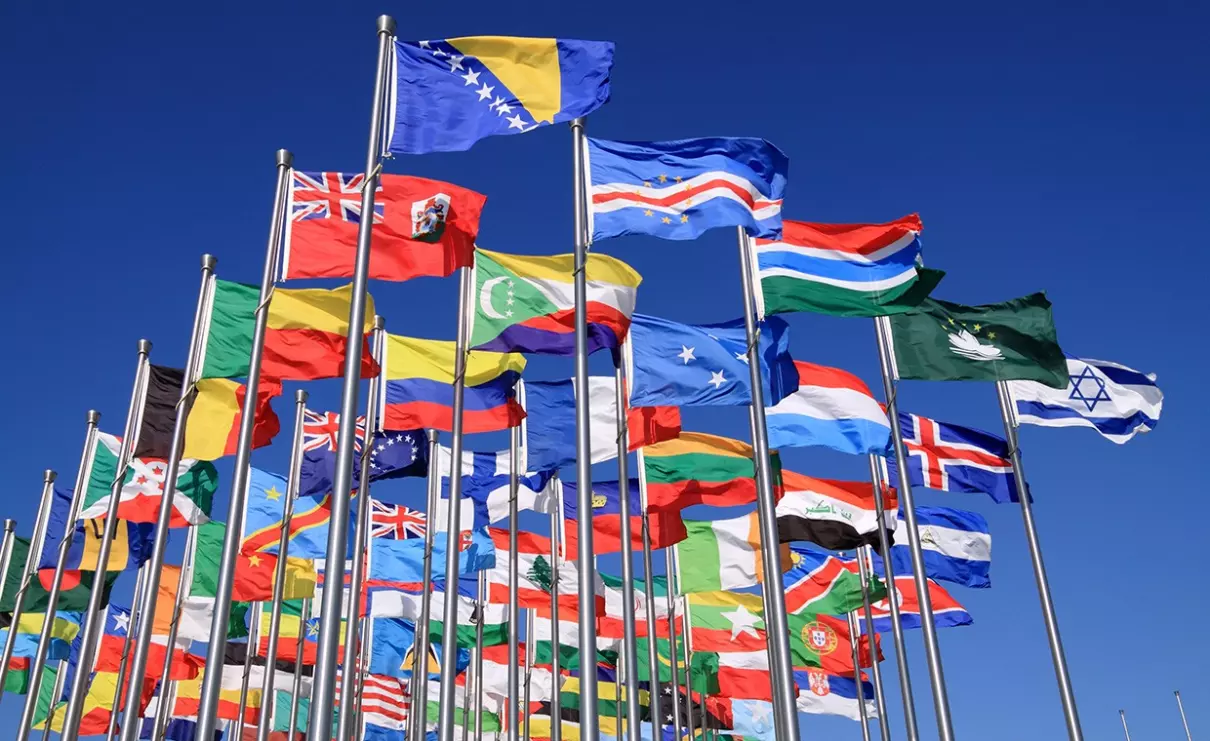Building a Community with a Shared Future for Mankind
As the world becomes increasingly interconnected, the concept of building a community with a shared future for mankind has gained significant attention. This idea emphasizes the need for global cooperation and shared responsibility in addressing various challenges faced by humanity. Let's delve into some key steps, timelines, and data that support this vision.

In recent years, the world has witnessed the growing importance of international collaboration. For instance, the Paris Agreement on climate change, signed in 2016, united 195 nations in a commitment to reducing greenhouse gas emissions. This agreement set a clear target of limiting global warming to well below 2 degrees Celsius above pre-industrial levels.
By 2020, more than 50% of the global population had access to the internet, enabling greater interconnectedness and information sharing. This has facilitated the spread of ideas and values that promote unity and cooperation, laying the foundation for building a community with a shared future.

One significant aspect of this community is economic globalization. According to the World Bank, the global GDP grew from $7.6 trillion in 1960 to approximately $87.5 trillion in 2020. This growth has been fueled by international trade and investment, creating a network of interdependence that necessitates cooperation among nations.
As we move forward, it is crucial to address economic disparities and promote inclusive growth. The United Nations' Sustainable Development Goals (SDGs) aim to eradicate poverty and reduce inequality by 2030. Achieving these goals requires collective efforts from all countries, fostering a sense of responsibility towards the well-being of humanity.
Education plays a vital role in fostering a shared future. UNESCO reports that global literacy rates have increased from 65.5% in 2000 to 86.3% in 2020. Educated individuals are more likely to embrace diversity, respect human rights, and contribute to peaceful coexistence.
Looking ahead, the COVID-19 pandemic has highlighted the importance of global solidarity and cooperation in times of crisis. The World Health Organization (WHO) has been coordinating the worldwide response to the pandemic, ensuring equitable access to vaccines and treatments. This joint effort demonstrates the potential for humanity to come together in the face of common challenges.
In conclusion, building a community with a shared future for mankind is a multifaceted endeavor that requires persistent efforts and collaboration. Through international agreements, economic integration, social development, and joint responses to crises, we can move closer to a world where the well-being of each individual is intertwined with the collective destiny of our planet.